A Millennium of Climate Change in Europe: From Medieval Warming to Today's Climate Crisis12/19/2021 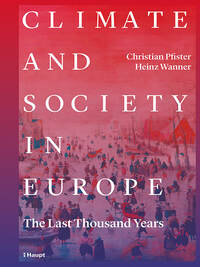 In the 22nd episode of Climate History, co-hosts Emma Moesswilde and Dagomar Degroot interview Christian Pfister, co-author (with Heinz Wanner) of a new book: Climate and Society in Europe: The Last Thousand Years. Pfister is one of the founders of the related fields of climate history and historical climatology. He explains how he helped establish these fields, how they benefit from genuine collaboration between disciplines, and what they may be revealing about today's climate crisis. He also describes the most important themes in the last millennium of climate change in Europe - and why it is so important that scholars introduce their methods, models, and sources to a broad audience. To listen to this episode, click here to subscribe to our podcast on iTunes. If you don't have iTunes, you can still listen by following us on SoundCloud or Spotify.
165 Comments
In the 21st episode of Climate History, co-host Emma Moesswilde interviews Debjani Bhattacharyya, Associate Professor of History at Drexel University. Professor Bhattacharyya is among the most innovative scholars of past climate change, and the histories she uncovers have clear relevance for the future of the Indian Ocean World.
Moesswilde and Bhattacharyya discuss the history of human responses to climate change at sea; the role of environmental disasters in shape urban trajectories; the role of insurance markets in creating weather knowledge; and how transdisciplinary perspectives on the past can inform our understanding of a hotter future. To listen to this episode, click here to subscribe to our podcast on iTunes. If you don't have iTunes, you can still listen by following us on SoundCloud or Spotify. In the 20th episode of Climate History, co-hosts Dagomar Degroot and Emma Moesswilde interview Jim McClure, General Editor of the Papers of Thomas Jefferson at Princeton University. Recently, Director McClure spearheaded the creation of a unique and important digital resource: a repository of Jefferson’s abundant observations of the weather and climate of his time.
McClure discusses the creation of the Jefferson Weather and Climate Records; explains what visitors can find using this resource; describes how Jefferson wrote about the weather of his time; and details why scholars and students interested in climate change should put "Jefferson to use without accepting all that he was or did." To listen to this episode, click here to subscribe to our podcast on iTunes. If you don't have iTunes, you can still listen by following us on SoundCloud or Spotify. In the 19th episode of Climate History, co-hosts Dagomar Degroot and Emma Moesswilde discuss their work on a major article in the journal Nature. The article coins a new term – the “History of Climate and Society” (HCS) – to refer to the truly interdisciplinary study of the past impacts of climate change on human populations. It offers a detailed critique of the field as it has been pursued to date, presents a new research framework for HCS scholars, and shows how the application of that framework can permit new scholarship into the resilience and adaptability of populations that faced the modest, pre-industrial climate changes of the past 2,000 years. It also identifies five “pathways” that allowed populations to endure and even exploit these changes - pathways from which we might learn today.
Dagomar Degroot, lead author of the study, explains how he assembled the team responsible for the article, and details the article's most important findings about the past. He describes how HCS studies can move forward from here - and reveals what this scholarship can tell us about our future on a warming planet. To listen to this episode, click here to subscribe to our podcast on iTunes. If you don't have iTunes, you can still listen by following us on SoundCloud or Spotify. In the 18th episode of Climate History, co-hosts Dagomar Degroot and Emma Moesswilde interview Vicki Arroyo, Executive Director of the Georgetown Climate Center and Professor from Practice at Georgetown Law. Professor Arroyo explains which climate policies have worked across the United States, and identifies where emissions reductions will be hardest to achieve. She emphasizes a pressing need for greater adaptation across America, and describes which policies the Biden Administration should pursue to confront the Climate Crisis.
To listen to this episode, click here to subscribe to our podcast on iTunes. If you don't have iTunes, you can still listen by following us on SoundCloud or Spotify. In the 17th episode of Climate History, co-hosts Dagomar Degroot and Emma Moesswilde interview PhD candidate Emily Webster of the Department of History at the University of Chicago.
Webster's trailblazing scholarship combines environmental history, the history of science, and medical history to transform understandings of disease in the British Empire. Among other topics, Webster discusses what history can reveal about the unequal impacts of environmental change on marginalized communities, and how it can shed light on connections between apparently isolated environmental crises. She also describes how history can inform public discourse on COVID-19; and identifies the impact of our present pandemic on higher education - particularly graduate students. To listen to this episode, click here to subscribe to our podcast on iTunes. If you don't have iTunes, you can still listen by clicking here. In the 16th episode of Climate History, co-hosts Dagomar Degroot and Emma Moesswilde interview professor Timothy Newfield, a climate historian and historical epidemiologist in the departments of history and biology at Georgetown University.
Professor Newfield explains how he ended up in two very different departments, in two very different fields, and then introduces the thriving field of historical epidemiology. He describes how historical epidemiologists can identify past diseases and trace their social consequences, then considers what history might reveal about today's COVID-19 pandemic. Finally, he reflects on the links between climate change and disease, past and present, and on the limitations of public discourse about today's biggest environmental challenges. To listen to this episode, click here to subscribe to our podcast on iTunes. If you don't have iTunes, you can still listen by clicking here. In the 15th episode of Climate History, co-hosts Dagomar Degroot and Emma Moesswilde interview Kathryn de Luna, Provost's Distinguished Associate Professor in the Department of History at Georgetown University.
Professor de Luna combines paleoscience, archaeology, and historical linguistics to explore the deep history of eastern, central and southern Africa before the 20th century. At Georgetown, she is on the cutting edge of developing new courses and teaching methods that introduce students to ways of understanding the past that go well beyond the traditional practice of history. In this episode, Professor de Luna describes the courses she teaches; outlines the potential and peril of multidisciplinary learning; and gives concrete advice for how to make university education truly multidisciplinary. To listen to this episode, click here to subscribe to our podcast on iTunes. If you don't have iTunes, you can still listen by clicking here. 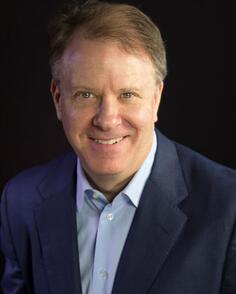 In the 14th episode of Climate History, co-hosts Dagomar Degroot and Emma Moesswilde interview Joseph Manning, the William K. and Marilyn Milton Simpson Professor of Classics at Yale University. Professor Manning is a leading expert on the law, politics, and economy of the ancient world, particularly the Hellenistic Period (between 330 and 30 BCE). In recent years, he's led efforts to uncover a link between volcanic eruptions, climatic shocks, and rebellions in ancient Egypt: efforts that inspired headlines in the Washington Post, the New York Times, and elsewhere. Professor Manning explains how his team uncovered the influence of climate change in Egyptian history, and what the ancient world has to tell us about our uncertain future. In the 13th and most unusual episode of Climate History, our podcast, co-hosts Dagomar Degroot and Emma Moesswilde share their reflections on the COVID-19 pandemic, in light of their expertise as environmental historians.
Among other topics, Degroot and Moesswilde consider how historians might someday write about the pandemic, interrogate the parallels between COVID and climate reporting, and imagine how (and how not) to draw lessons from the era of social distancing for the even bigger fight against climate change. To listen to this episode, click here to subscribe to our podcast on iTunes. If you don't have iTunes, you can still listen by clicking here. |
Archives
December 2021
Categories
All
|

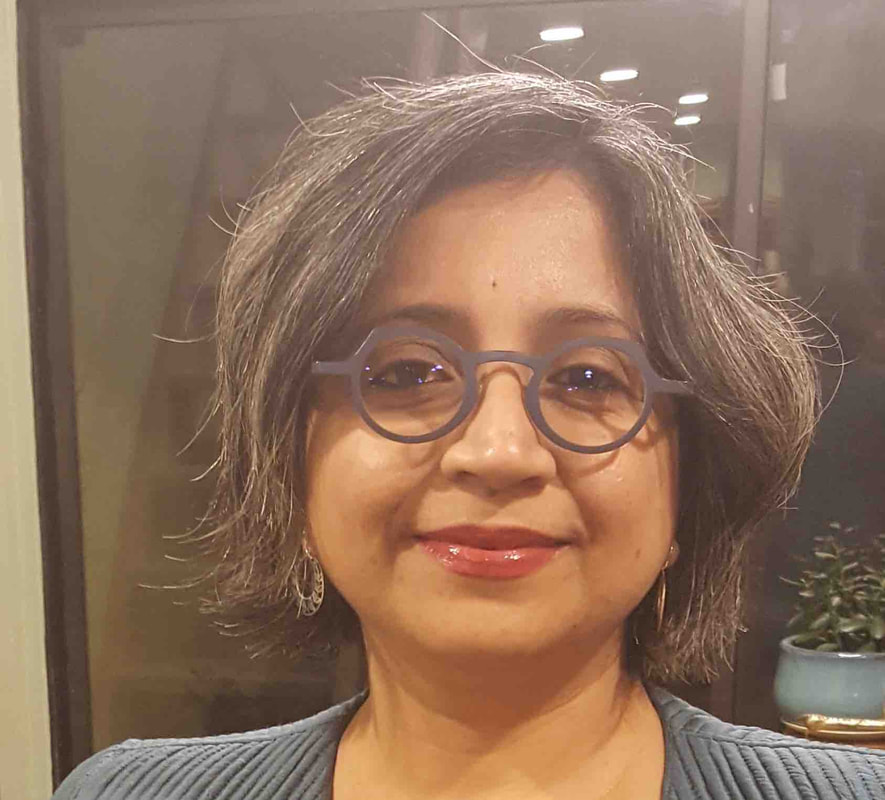
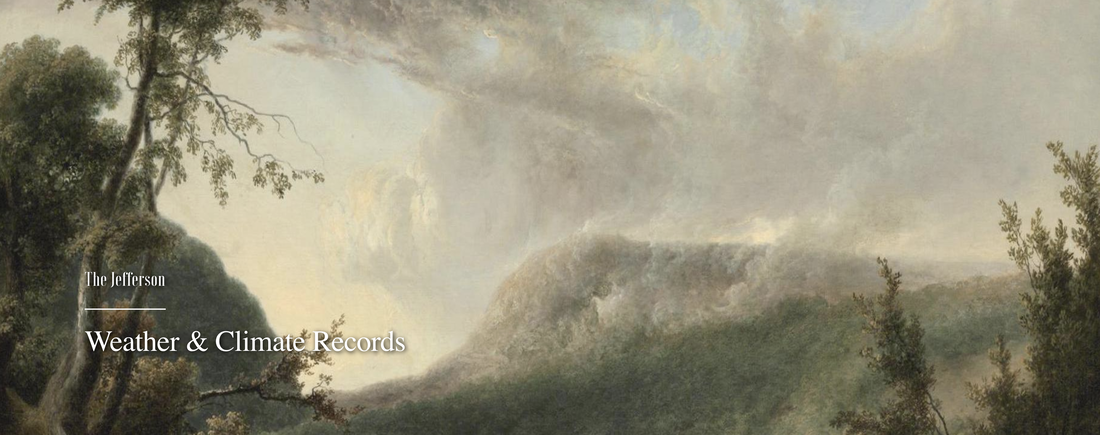
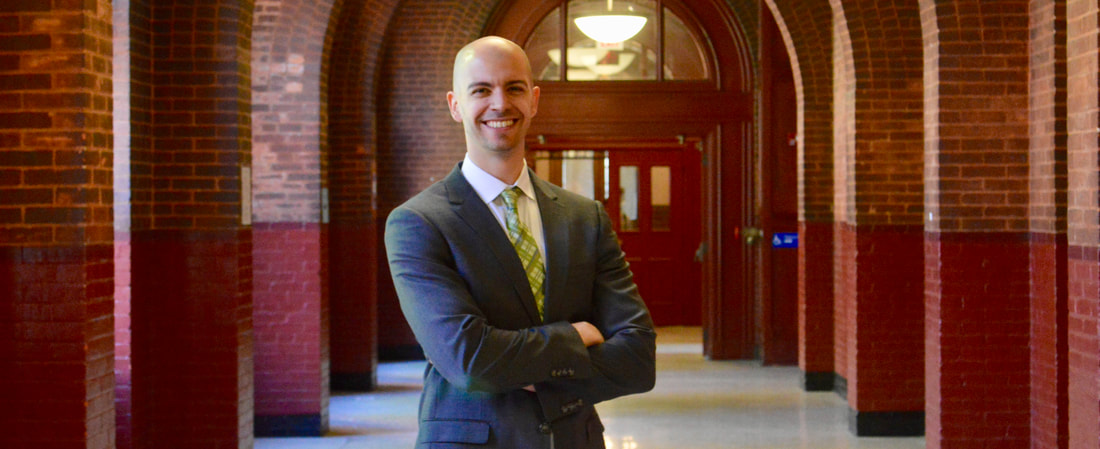
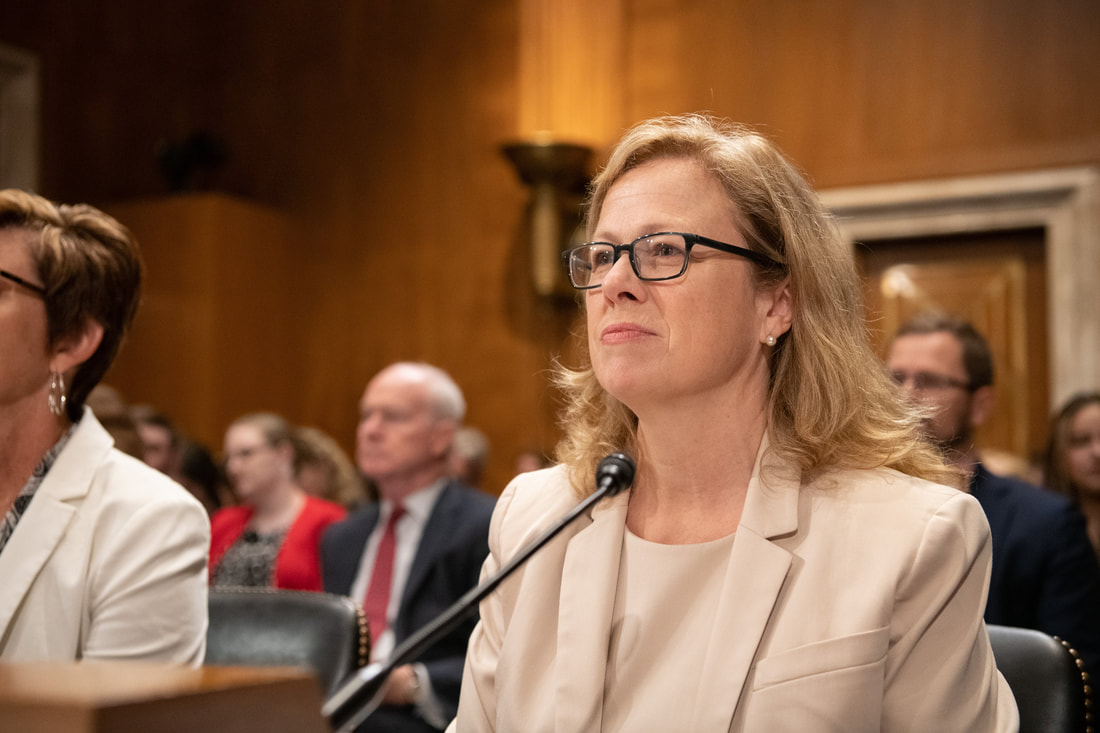
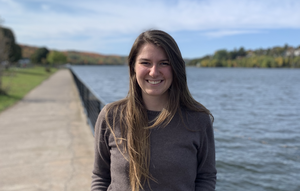
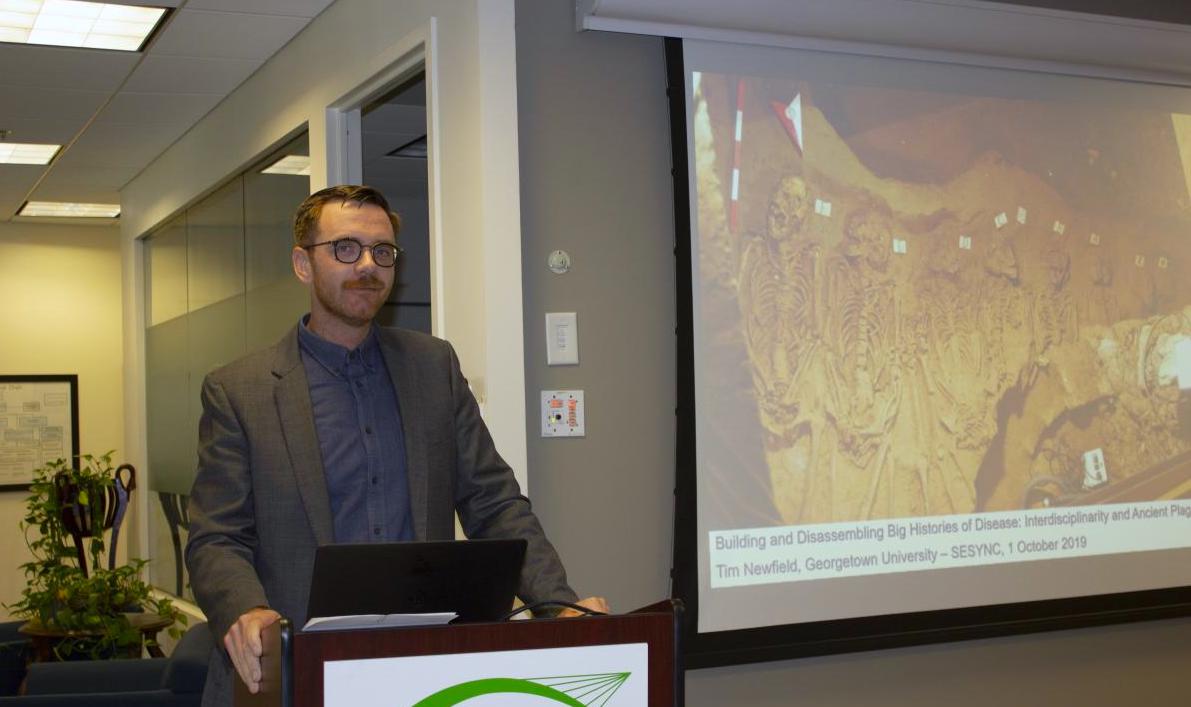
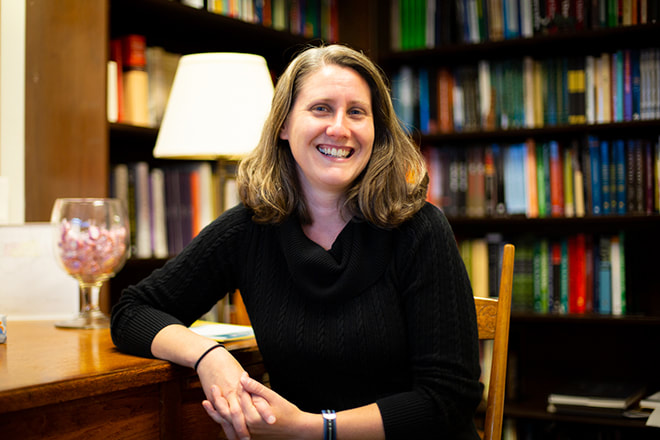
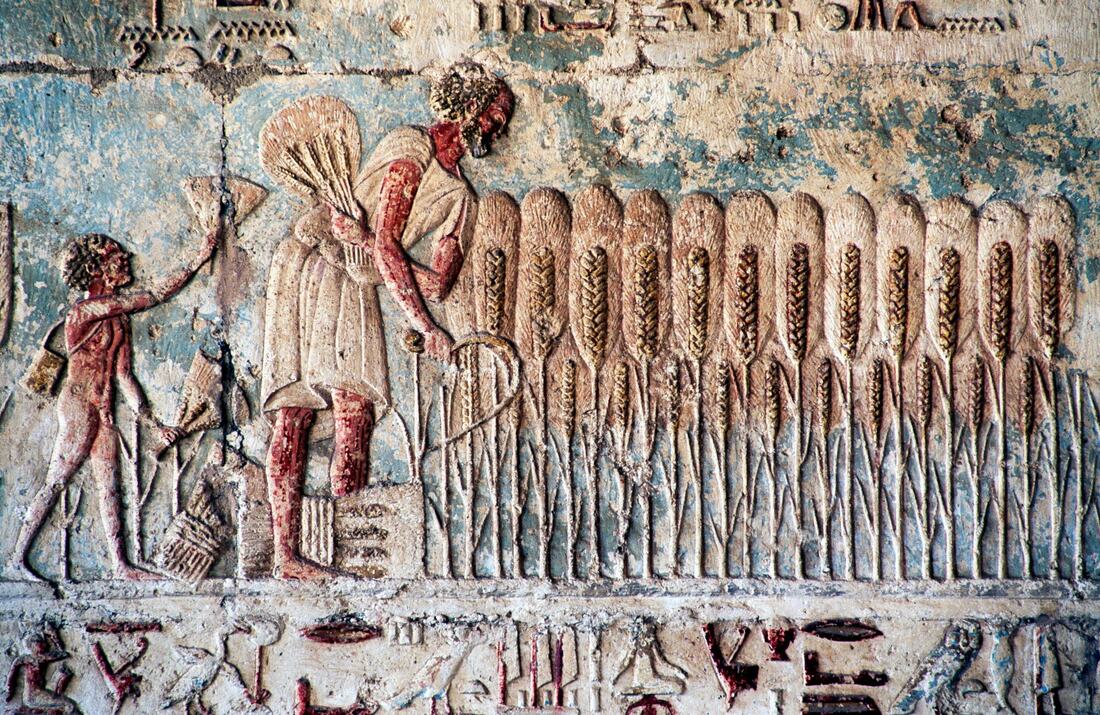

 RSS Feed
RSS Feed